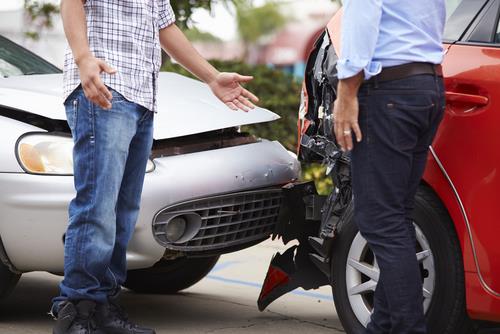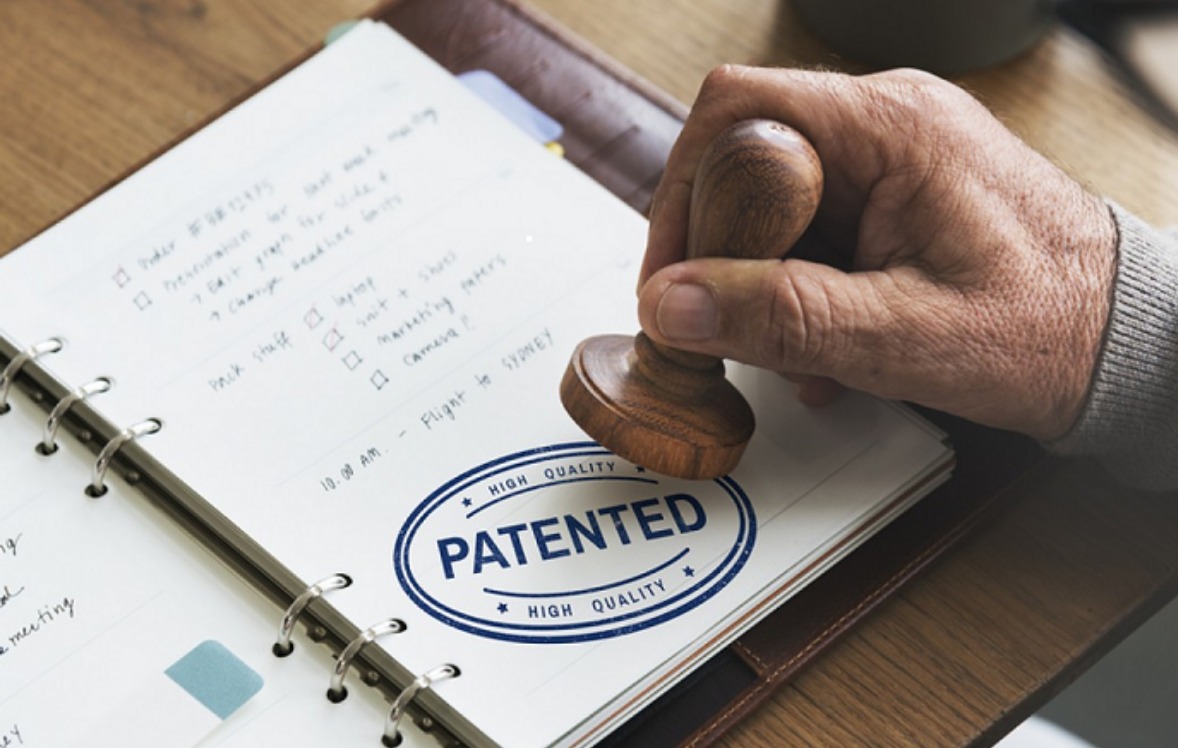How Do I File Claim Against the Driver Who Hit My Car?

Getting rear-ended at a stop light by an oblivious driver is about as enjoyable as going to the DMV. After the shock wears off, you’re left to deal with the frustrating aftermath – insurance hassles, taking your car to the body shop, and tracking down the guy who hit your car to get compensation. No thanks – I’ll pass.
But when the driver who hit you dashes off into the night without leaving their info, your car repair options become limited. You could pay out-of-pocket, but why should you? It wasn’t your fault! Don’t worry, you can still make that driver pay by taking them to small claims court. Here’s how:
Step 1: Collect Accident and Insurance Information
Insurance law and, ultimately, auto insurance claims hinge on timely details, so gather core data at incident scenes regarding:
- Involved Drivers: Record full names, contact information, and driver’s license details from all motorists. Also, request their insurance provider name, policy number, agent contacts, etc.
- Involved Vehicles: Note license plate numbers, makes/models, and visible damage. Photograph all automobiles from multiple angles, showing collision impacts.
- Witnesses: Obtain names and phone numbers of any bystanders who observed crash dynamics firsthand. Statements further solidify fault rulings later.
Gather this knowledge early on, regardless of whether or not you initially see the need to file a claim.
Step 2: Document the At-Fault Driver’s Admission
The golden ticket for expediting third-party claims? Capturing the liable motorist explicitly admitting fault at the scene. This prevents insurers later reversing their stance after consulting their client.
- Video Footage: Discreetly record video confessing negligence, citing specific driving errors like distraction or traffic offense violations.
- Written Statement: Have them sign/date a basic declaration like “I, [name], take full responsibility for causing this accident by [reason].”
If the other party refuses to provide a statement concerning the car accident prior to police arrival, be sure to record or obtain the written statement supplied to the police along with an official police report for the insurance companies.
Step 3: Contact the Police to File a Report
Beyond just securing verbal fault acknowledgments, request attending officers formally document incident basics within crash reports, including:
- Diagram showing vehicle positions/damages
- Driver/witness statements
- Any citations issued
- Final liability determinations
These legally binding papers carry substantial weight during claim processes later.
Step 4: Notify Your Insurance Provider
West Virginia auto policies obligate drivers undergoing collisions to notify insurers promptly, regardless of apparent fault or property damage. After contacting the police, phone insurance agents immediately to launch claims.
Provide all collected documentation, then discuss the next steps based on liability designations and policy coverages for repair shop bills, medical bills, rental car coverage, lost wages, and other accident costs.
Pay Your Deductible (If Required)
Despite being victims of another motorist’s negligence, most West Virginia policies impose deductible payments before extending collision coverage for vehicle repairs. Rules vary among insurers, though regarding fault-based waivers or reimbursement.
Have Your Vehicle Immediately Inspected
Insurers require detailed, itemized repair estimates from licensed mechanics before issuing payouts. Tow vehicles to reputable shops and ask they thoroughly assess all crash-related defects. This produces the evidence supporting your claimed compensation.
Submit Claim to At-Fault Driver’s Insurer
Once establishing formal negligence proof through police reports and vehicle inspections, directly contact the liable motorist’s insurance provider via phone and written demand letters, supplying:
- Copies of your accumulated documentation substantiating their policyholder’s fault
- Repair estimates/bills
- Any accident-related disruption costs incurred, like medical copays or missed wages
Statutes of limitation allow up to two years for claim filing in West Virginia, but quicker submissions aid resolution.
Step 5: Dispute Unfair Claim Denials
Should adjusters balk at reasonable compensation offers, contact our office immediately to discuss litigation options compelling higher settlements. We handle disputed liability wars for clients daily.
Get the Accident Compensation You Deserve
Don’t let insurers leverage delays or confusion against you. Call Miley Legal for a free consultation so experienced attorneys can investigate the collision and demand maximum claim payouts when at-fault drivers cause collisions. Justice requires proactivity and timely claim filing.




